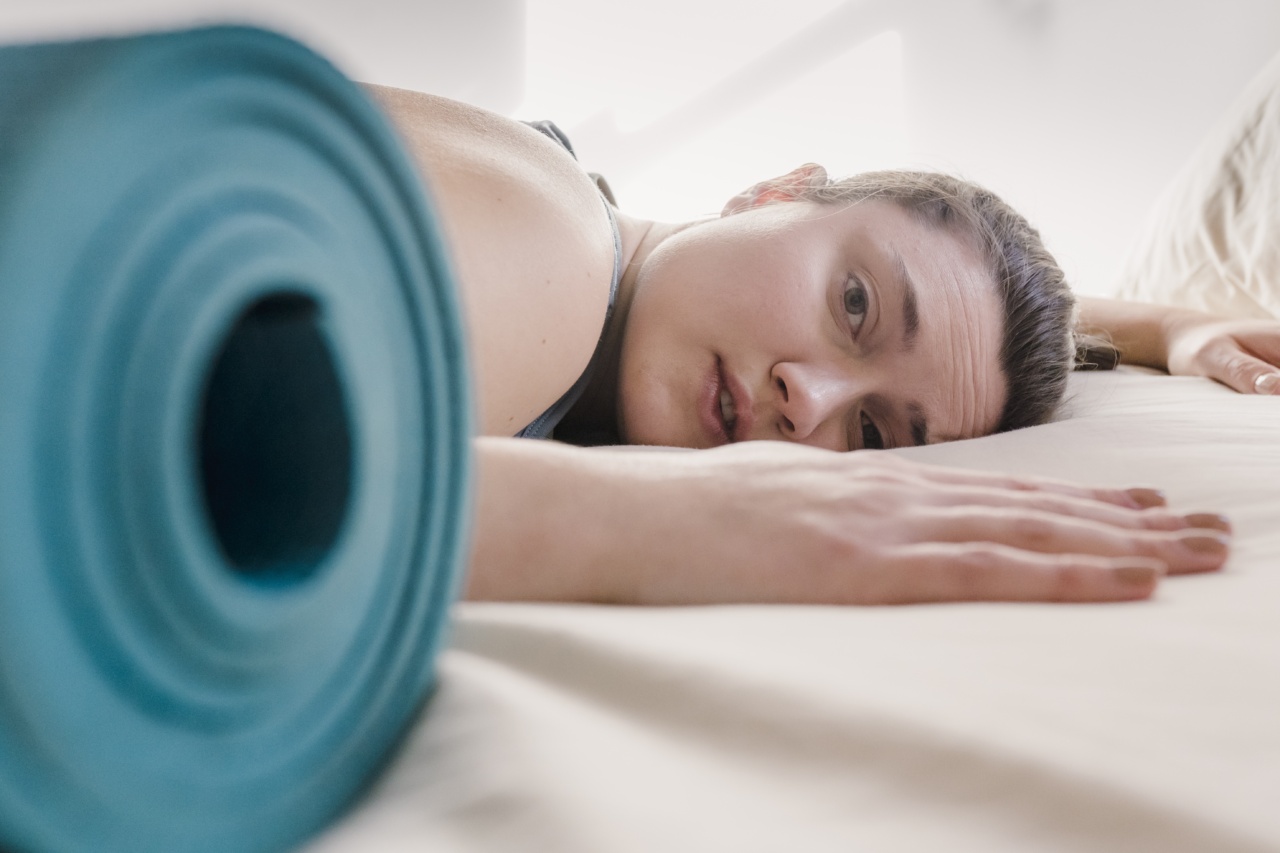Many factors contribute to weight gain, including diet, exercise, and genetics. However, one often overlooked factor is the lighting in our bedrooms.
It may seem surprising, but the type and intensity of light in your bedroom can play a significant role in your weight management. In this article, we will explore the various ways in which bedroom lighting can contribute to weight gain and provide some practical tips on creating a sleep-friendly environment that promotes a healthy weight.
The impact of artificial light on your circadian rhythm
Our bodies are naturally regulated by an internal clock known as the circadian rhythm. This internal clock helps determine when we feel sleepy or awake, among other bodily functions.
The circadian rhythm is primarily influenced by natural light patterns, which are designed to align with the Earth’s 24-hour cycle.
Unfortunately, artificial light disrupts this natural rhythm. The blue light emitted by electronic devices, energy-efficient light bulbs, and streetlights significantly suppresses the production of melatonin, a hormone that regulates sleep.
When our sleep-wake cycle is disrupted, it can lead to increased hunger and cravings for unhealthy foods. It also disrupts the proper functioning of other hormones, such as those that regulate hunger, fullness, and metabolism.
The link between inadequate sleep and weight gain
Studies have shown a strong correlation between sleep deprivation and weight gain. When we don’t get enough sleep, our body’s ability to regulate appetite is compromised.
The hormone leptin, which signals fullness and reduces appetite, decreases when we are sleep-deprived. On the other hand, ghrelin, the hormone that stimulates hunger, increases. This combination can lead to overeating and weight gain.
Furthermore, sleep deprivation affects our ability to make healthy choices. When we are tired, we are more likely to reach for sugary and calorie-dense foods as a quick energy boost.
Lack of motivation for physical activity is also a common consequence of inadequate sleep, further exacerbating weight gain.
The importance of darkness for quality sleep
Creating a dark environment in your bedroom is essential for quality sleep. Exposure to excessive light, especially blue light, can delay the onset of sleep, reduce the duration of sleep, and lessen its overall quality.
This insufficient sleep can disrupt the body’s natural processes, leading to weight gain and other health issues.
Tips for optimizing your bedroom lighting for better sleep
Here are some practical tips to help you optimize your bedroom lighting and promote better sleep:.
1. Use blackout curtains or blinds
Invest in blackout curtains or blinds to block out external light sources, such as streetlights or car headlights. This will create a darker sleeping environment and help regulate your circadian rhythm.
2. Minimize electronic devices
Avoid using electronic devices, such as smartphones, tablets, and laptops, in your bedroom, especially in the hours leading up to bedtime. If you must use these devices, use apps or settings that reduce blue light emission.
3. Choose warm, dim lighting
Instead of bright overhead lights, opt for warm, dim lighting in your bedroom. Use lamps with incandescent bulbs or choose LEDs with a warmer color temperature.
This type of lighting helps signal to your body that it’s time to wind down and prepare for sleep.
4. Consider installing adjustable LED lights
If you prefer more control over your bedroom lighting, consider installing adjustable LEDs. These lights allow you to change the color temperature and intensity, mimicking the natural progression of daylight.
You can gradually dim the lights in the evening to signal your body that it’s time to relax.
5. Use nightlights sparingly
If you need a nightlight in your bedroom, choose one with a warm, soft glow instead of a bright, blue or white light. Too much artificial light, even at low levels, can disrupt your sleep and contribute to weight gain.
6. Establish a bedtime routine
Creating a consistent bedtime routine can train your body to recognize sleep cues and prepare for rest.
Dim the lights in your bedroom an hour or two before bed, engage in relaxing activities like reading or taking a warm bath, and make sure your bedroom environment is conducive to sleep.
7. Prioritize natural daylight exposure
During the daytime, make a conscious effort to expose yourself to natural daylight. This exposure helps reinforce your circadian rhythm, enhancing the quality of your sleep at night.
Open your curtains or blinds during the day, spend time outdoors if possible, or position yourself near windows while working or studying.
8. Get regular exercise
Regular exercise has numerous benefits for overall health, including improving sleep quality. Engaging in physical activity during the day can help regulate your circadian rhythm and promote better sleep at night.
However, avoid intense exercise close to bedtime, as it may stimulate your body and make it harder to fall asleep.
9. Consult a lighting expert
If you are serious about optimizing your bedroom lighting for better sleep and weight management, consider consulting a lighting expert or an interior designer. They can provide personalized recommendations based on your specific needs and preferences.
Conclusion
Don’t overlook the impact of bedroom lighting on your weight management journey.
Creating a sleep-friendly environment with dim, warm lighting and minimizing exposure to artificial blue light can help regulate your circadian rhythm and contribute to better sleep. By prioritizing quality sleep, you can improve your overall health and reduce the risk of weight gain and related health issues.































